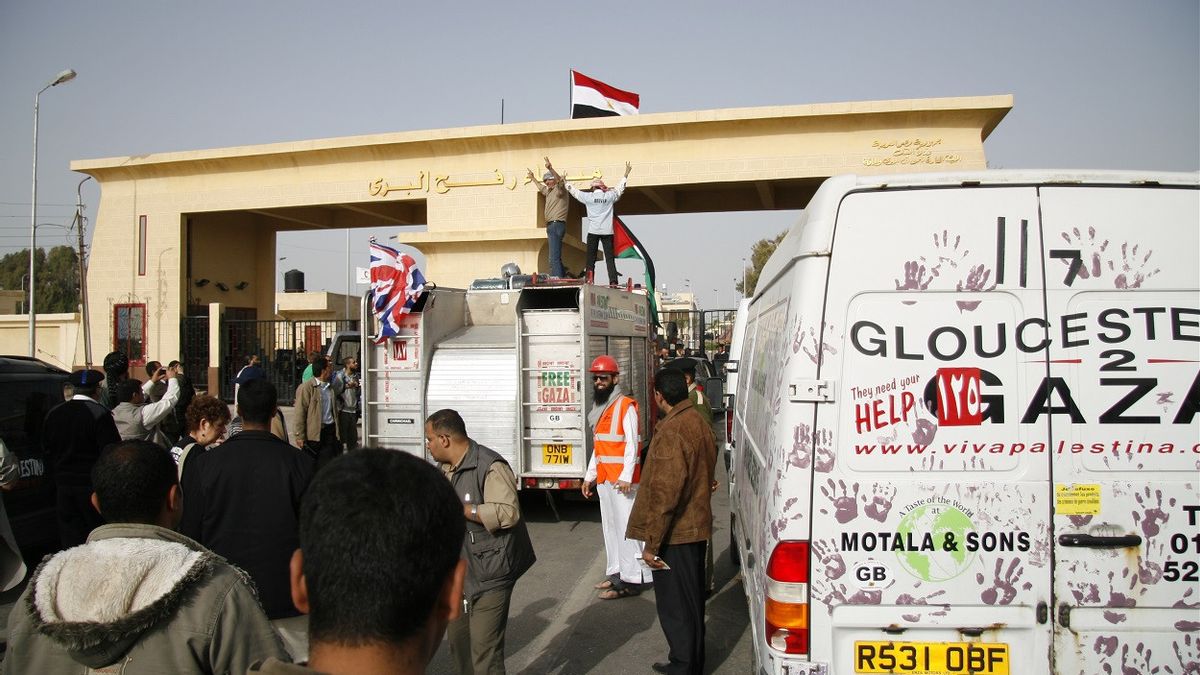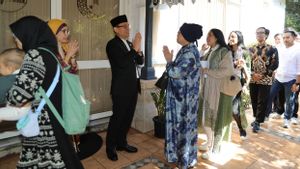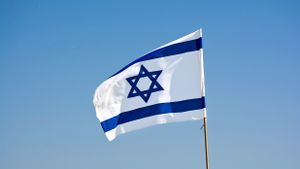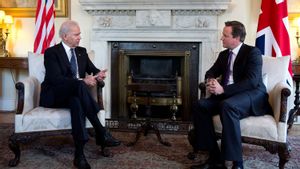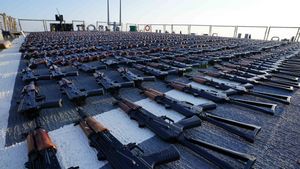JAKARTA - UN refugee agency officials on Friday warned that the possibility of Gazans crossing from the Rafah border town to Egypt to avoid military attacks would make resolving the Israeli-Palestinian conflict impossible and cause "terrible dilemmas" for people fleeing.
UNHCR High Commissioner Filippo Grandi said, "we have to do everything seriously" to avoid the outflow of Gaza's population.
"One more refugee crisis from Gaza to Egypt, I guarantee it will make solving the Palestinian refugees problem as a consequence of the Israeli-Palestinian conflict impossible," Grandi told Reuters at UNHCR headquarters in Geneva, Switzerland.
Israel's plans to attack Rafah, where more than one million Gazans have taken refuge from military attacks in the north, have drawn widespread condemnation.
Israel's closest ally, the United States, has warned Prime Minister Benjamin Netanyahu that his country will face global isolation if this continues.
According to Grandi, the attack on Rafah may make Gazans' movement to Egypt "the only option available for security."
"This dilemma is unacceptable and the responsibility to avoid this dilemma lies in the special case faced by Israel, the occupation force in Gaza," he said.
Earlier, the Israeli military said four Hamas battalions were still in the city as well as a number of senior commanders of the unknown number of Islamic movements.
Grandi said UNHCR was preparing tents and supplies and working with countries in the region to make their own emergency plans for the possible arrival of Gazans.
"We see the area and it is possible that not only outflows, but also conflicts can spread," said Grandi.
SEE ALSO:
"But I repeat, we must not get to that dire dilemma, which is almost the end of what is absolutely important here, the highest peace," he said.
It is known that about 5.6 million Palestinian refugees currently live in Jordan, Lebanon, Syria, the occupied West Bank of Israel and Gaza, most of whom are descendants of those forced out or leave their homes around the 1948 war related to the establishment of Israel.
The fate of Palestinian refugees is one of the most complicated issues in the near-death peace process. Palestine and Arab countries say the deal must include the rights of refugees and their descendants to return, something Israel has always rejected.
The English, Chinese, Japanese, Arabic, and French versions are automatically generated by the AI. So there may still be inaccuracies in translating, please always see Indonesian as our main language. (system supported by DigitalSiber.id)
